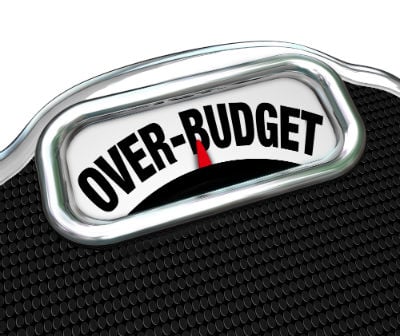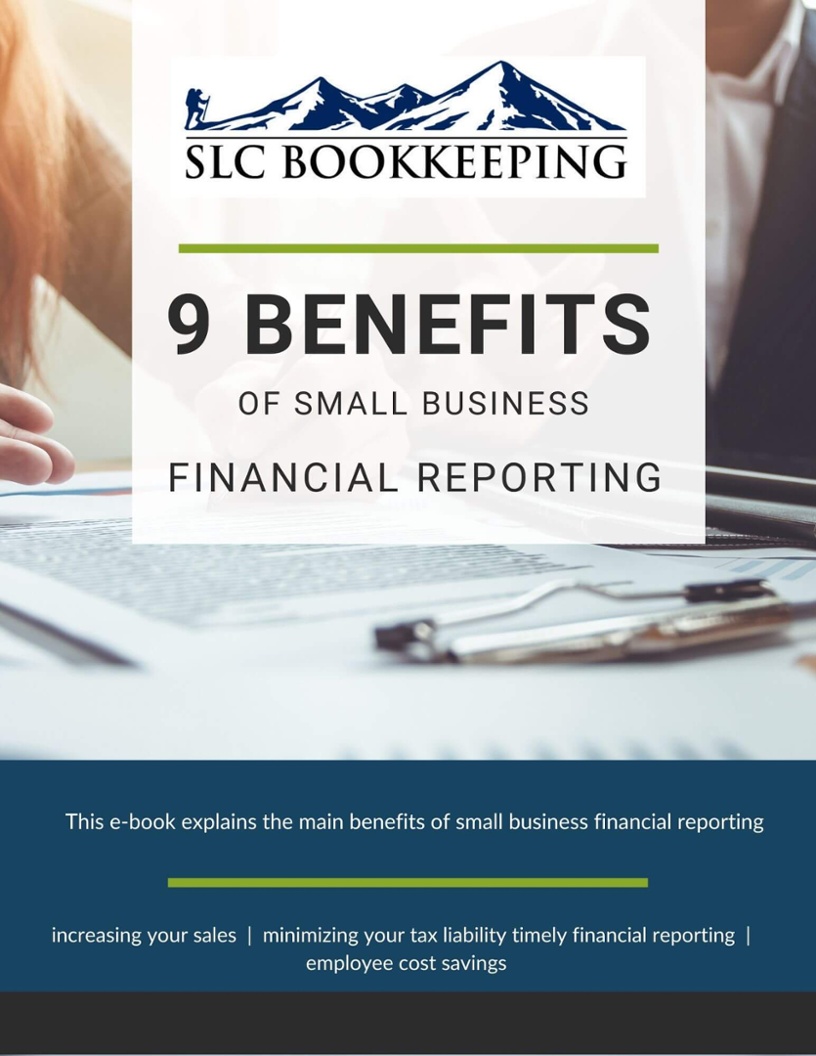Guidelines for Building a Small Business Budget
 You know you should build a small business budget each year, but do you?
You know you should build a small business budget each year, but do you?
Most people push bookkeeping to the back burner, and the budget typically follows suit.
Some businesses build a budget but don't use it to guide their business. While others don't build a budget because they are unsure where to start.
Your budget should be considered a roadmap to success for your small business.
Here is a brief overview of how to build a budget for your small business.
Use Historical Data as a Guide
The first step in building a budget is analyzing your financial reports.
If your bookkeeping is not updated, you have a problem. In order to build a budget, you will need a proper, updated, and accurate bookkeeping system.
Can you spot any trends when looking at your financial data? What do your sales growth rates look like, and are they trending in a predictable manner? What about the expense side of your business? Do you see any trends or things that stick out?
You should just look for trends and ask yourself some of these questions. Don't start building your budget yet; just start by analyzing the data.
Expense Analysis
The expense side of the budget is the only true thing you have complete control over.
While you can influence sales, you can't automatically increase them.
You can cut certain expenses and then ensure it gets done.
Are there any new expenses that you are expecting, or are some going away? If so, make a note of those changes and what you expect to happen.
You should look for red flags of expenses that you want to change or monitor. If something seems high, note it.
Where do You Want to Be?
One critical question you need to ask yourself when building a budget is where you want to be next year. How about three or five years out?
I think one mistake people make when building a budget is relying too much on forecasting.
If you know you have a significant opportunity in your market that will result in a large sales increase, work that expectation into your budget. Your budget needs to be about desires as well as logic based on historical data.
Blend Logic and Desires
If you have followed the above process, you are now ready to start working on building your actual budget.
You now need to take your predictions based on historical data analysis and blend them with the numbers you desire.
If you know you are taking on a new expense or cutting one completely, make sure to note that. I always aim for my budget to be logical but also aggressive.
You don't want to make your budget too simple to reach, but you also don't want to make it unattainable. Blend logic and your desires to create your budget.
Use Budget as a Tool
After you have gone through all of this trouble to develop a budget, make sure to actually use it.
Enter your budget in QuickBooks to use it as a business tool to compare it to actual numbers throughout the year.
So many business owners spend a lot of time and resources developing a budget and never look at it again. The budget gets filed away and is never reviewed.
I always recommend entering your budget into QuickBooks monthly and looking at budget vs. actual numbers at least once per month, if not more.
A Budget is a Guide
Another mistake I see business owners make is acting like the budget is the end-all-be-all for the business.
A budget is nothing more than a guide, and it needs to be flexible. If a significant change in your business affects your budget, you need to note that change or adjust the budget.
You may also face adverse changes in the law that will have a significant effect on your budget.
A budget is a guide and should keep you on track toward your goals. However, things out of your control may come up, and there is not much you can do about that.
You can monitor your actual results against your expected results to look for glaring discrepancies. Then, you can make the necessary adjustments to get back on track.
Build your Budget Before Year-end
Lastly, I wanted to mention that you should build your budget before year-end.
You should start thinking about your budget in Q4 and aim to complete it a few weeks before the new year starts.
Then, you should enter it into your accounting system and hit the ground running toward your goals rather than trying to define them.
What problems do you encounter when developing your small business budget?
Photo Credit © Dollar Photo Club / iQoncept


Comments